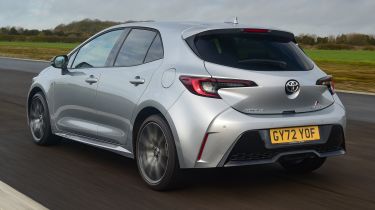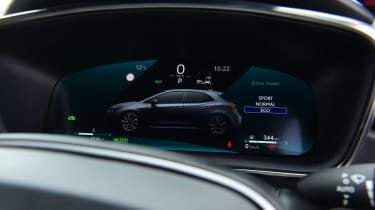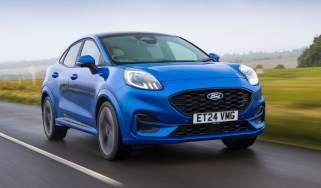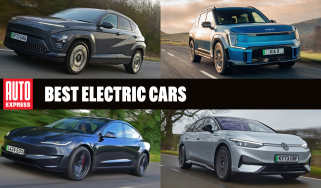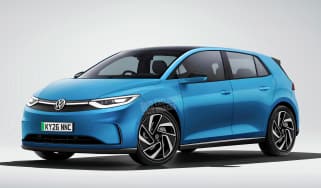Toyota Corolla review - MPG, CO2 and running costs
The Corolla’s self-charging hybrid tech means better fuel economy and emissions than its exclusively petrol-powered rivals

The Corolla range lacks the plug-in hybrid technology offered in its key rivals like the Vauxhall Astra, Peugeot 308 and Volkswagen Golf, but Toyota’s faithful ‘self-charging’ hybrid running gear continues to promise lower running costs and superior fuel economy compared to the traditional petrol hatchbacks, and some diesel models, too.
According to Toyota, the 1.8-litre hybrid in the Corolla hatchback can return up to 64.1mpg, while the 2.0-litre hybrid with its larger petrol engine will return 64.1mpg. All figures are measured using the latest WLTP regulations, so you might not achieve those exact figures on the road but based on our experience you should easily see more than 50mpg in everyday driving.
For instance, when we tested the 1.8-litre Corolla hatchback against a Honda Civic and a Kia Ceed, the Toyota was the most economical, returning 54.2mpg compared to the Honda's 50.3mpg and the 43.5mpg we saw from the Kia. And after covering more than 6,000 miles in our Corolla long-term test car, which included a lengthy family road trip to the West Country, we averaged a similarly impressive 53.2mpg.
MPG figures for previous journeys can be displayed in simple-to-understand bar graphs in the Toyota, which is handy if you want to monitor your fuel economy in great detail.
More reviews
Car group tests
In-depth reviews
Long-term tests
- Toyota Corolla GR Sport long-term test: a high-quality but slightly cramped hybrid
- Toyota Corolla Commercial: long-term test review
Road tests
Used car tests
Toyota claims that up to 80 per cent of trips can be completed on electric power alone, and we have no reason to doubt that if you mostly drive in and around town. Over a mixture of driving environments, including some B-roads and dual carriageways, our average was 65 per cent.
Emissions – and therefore initial road tax and company car tax rates – are low. The 2.0-litre hybrid hatchback is the cleanest option emitting 98-103g/km of CO2, depending on the exact specification, meaning the Benefit-in-Kind rate for company car users is 24 or 25 per cent.
The 1.8-litre model also produces a respectable figure of 100-106g/km of CO2, so falls into the 25 or 26 per cent BiK tax band, again depending on the exact spec you go for.
Insurance groups
The Toyota Corolla should be relatively cheap to insure when compared to its family car rivals. All body styles sit in groups 17 to 22. For context, insurance ratings for the petrol and diesel-powered Vauxhall Astra and Volkswagen Golf are very similar, however the hybrid-only Honda Civic lands in group 28.
You can get personalised car insurance quotes fast with our comparison tool powered by Quotezone...
Depreciation
Our experts predict that the Toyota Corolla hatchback will retain between 46 to 50 per cent of its original value after three years and 36,000 miles come trade-in time. In comparison, the Ford Focus should hold onto roughly 47 per cent of its list price, while the Volkswagen Golf keeps between 44 and 51 per cent of its showroom cost after the same three-year period.
To get an accurate valuation on a specific model check out our valuation tool...

